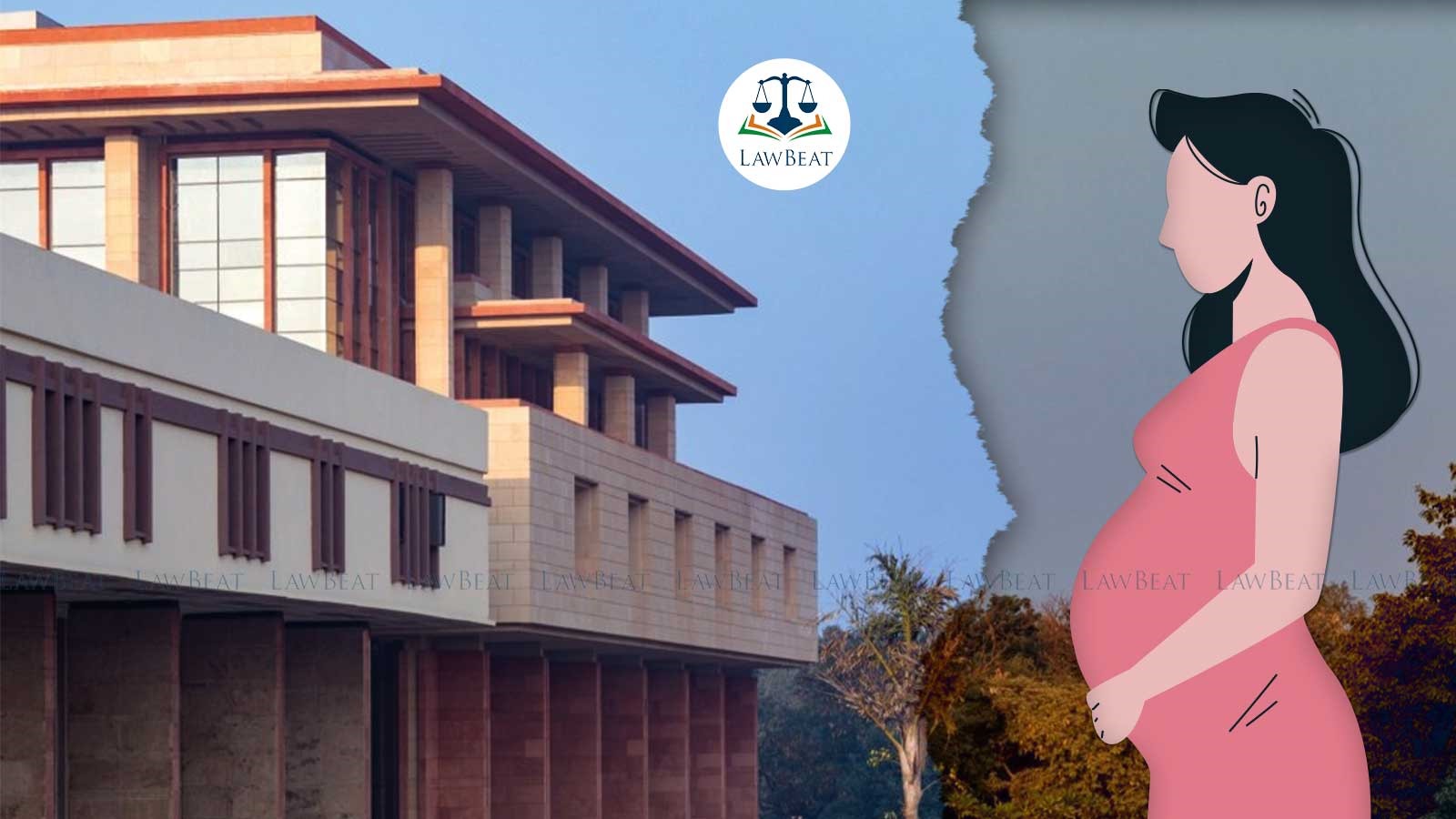Delhi High Court Recalls Its Earlier Order Allowing Widow's Abortion At 29 Weeks

The government said that it is imperative for the court to "consider protecting the right to life of the unborn child so that the child has a fair chance of survival"
The single-judge bench of Justice Subramonium Prasad of the Delhi High Court on Tuesday "recalled" its earlier order permitting a widow to terminate her 29-week pregnancy.
Notably, on January 4, the court allowed the widow to abort her 29-week-old fetus due to potential mental health impacts. The court emphasized the right to reproductive choice, including the right not to procreate. The woman, a recent widow, approached the court for permission to terminate her pregnancy, citing extreme trauma due to her husband's death.
However, on January 15, the Center approached the high court, requesting reconsideration of its earlier decision permitting termination at 29 weeks. The government argued that the unborn child has a reasonable chance of survival, urging the court to prioritize the right to life of the fetus.
The Center, in its application, invoked a Supreme Court judgment from the previous year, emphasizing the necessity of protecting the unborn child's right to life for a fair chance of survival.
The All India Institute of Medical Sciences (AIIMS), where the woman underwent a medical examination, also approached the court, suggesting that delivering the child at 34 weeks or later would yield better results for both the mother's and the child's health. AIIMS emphasized that continuing the pregnancy for an additional two to three weeks would be advisable.
AIIMS pointed out that, under the Medical Termination of Pregnancy (MTP) Act, terminating pregnancies beyond 24 weeks is reserved for fetuses with significant abnormalities. In this case, where the fetus is considered "grossly normal," the termination is neither justified nor ethical, as per AIIMS.
The Union Ministry of Health and Family Welfare, through Additional Solicitor General (ASG) Aishwarya Bhati, referred to medical opinions stating that terminating the pregnancy would require foeticide, potentially leading to pre-term delivery complications.
The court, in an order passed on January 15, had expressed concerns about the high chance of failure in pre-term labor induction, leading to possible complications requiring a cesarean section.
The court had directed the woman, who is suffering from depression, to undergo further psychiatric evaluation and counseling on January 16, 17, and 18 at AIIMS. It had directed AIIMS to submit a report detailing the physical and mental health of both the woman and the fetus.
According to the woman's plea, she got married in February 2023, and her husband passed away on October 19, 2023. Returning to her parents' house, she underwent an ultrasound on October 31, 2023, revealing a 20-week pregnancy.
In December 2023, the woman decided against continuing the pregnancy and sought medical termination. However, due to her gestation period exceeding 24 weeks, she was denied permission; therefore, she approached the high court.
The court, on December 22, directed AIIMS to form a medical board to assess her condition and submit a report on her eligibility for the termination procedure. Despite the AIIMS Medical Board's recommendation against termination, the court considered the woman's extreme trauma and suicidal tendencies, leading to permission for termination.
Case Title: R v. Union of India & Ors.
